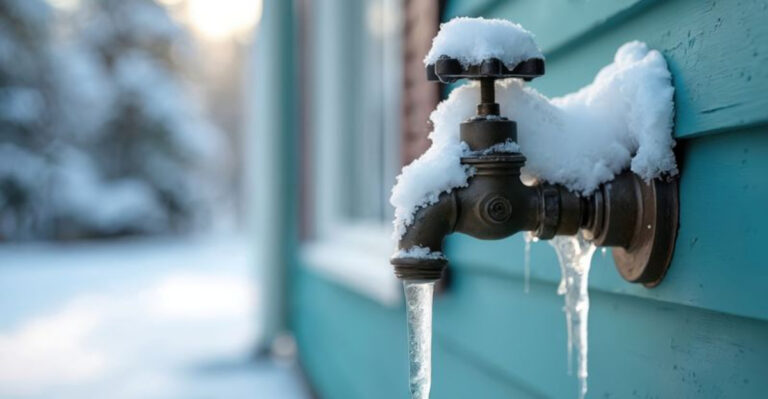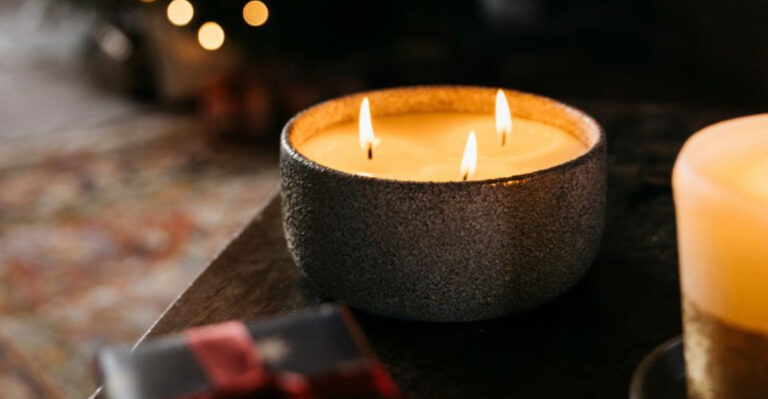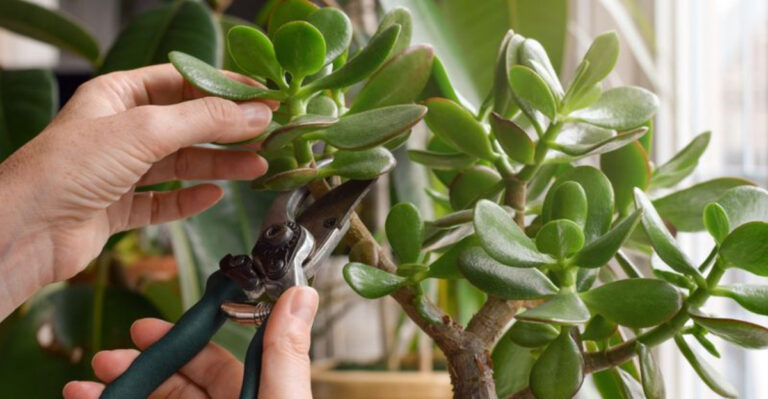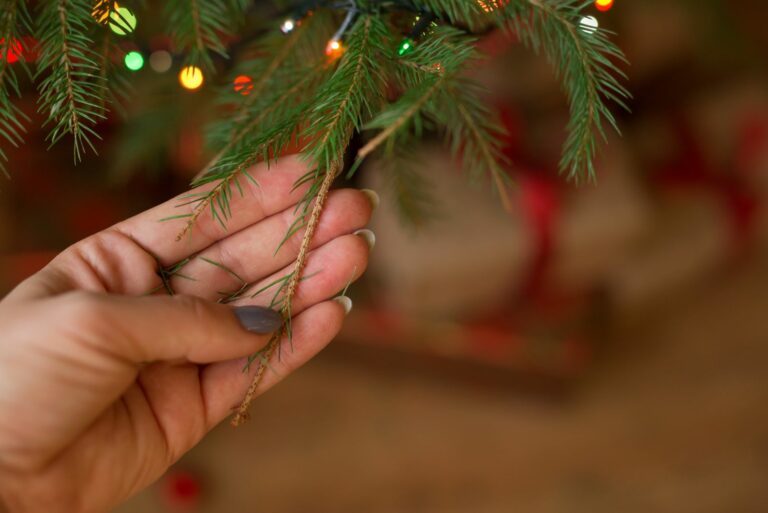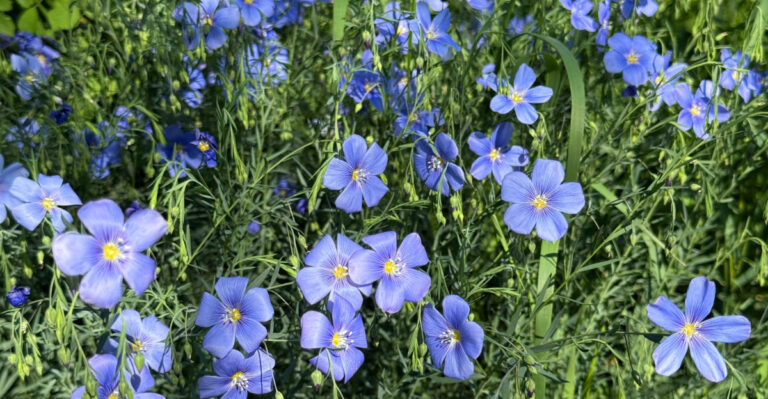Sudden Freeze In Colorado Is Putting These 7 Popular Plants At Risk – Protect Yours Tonight
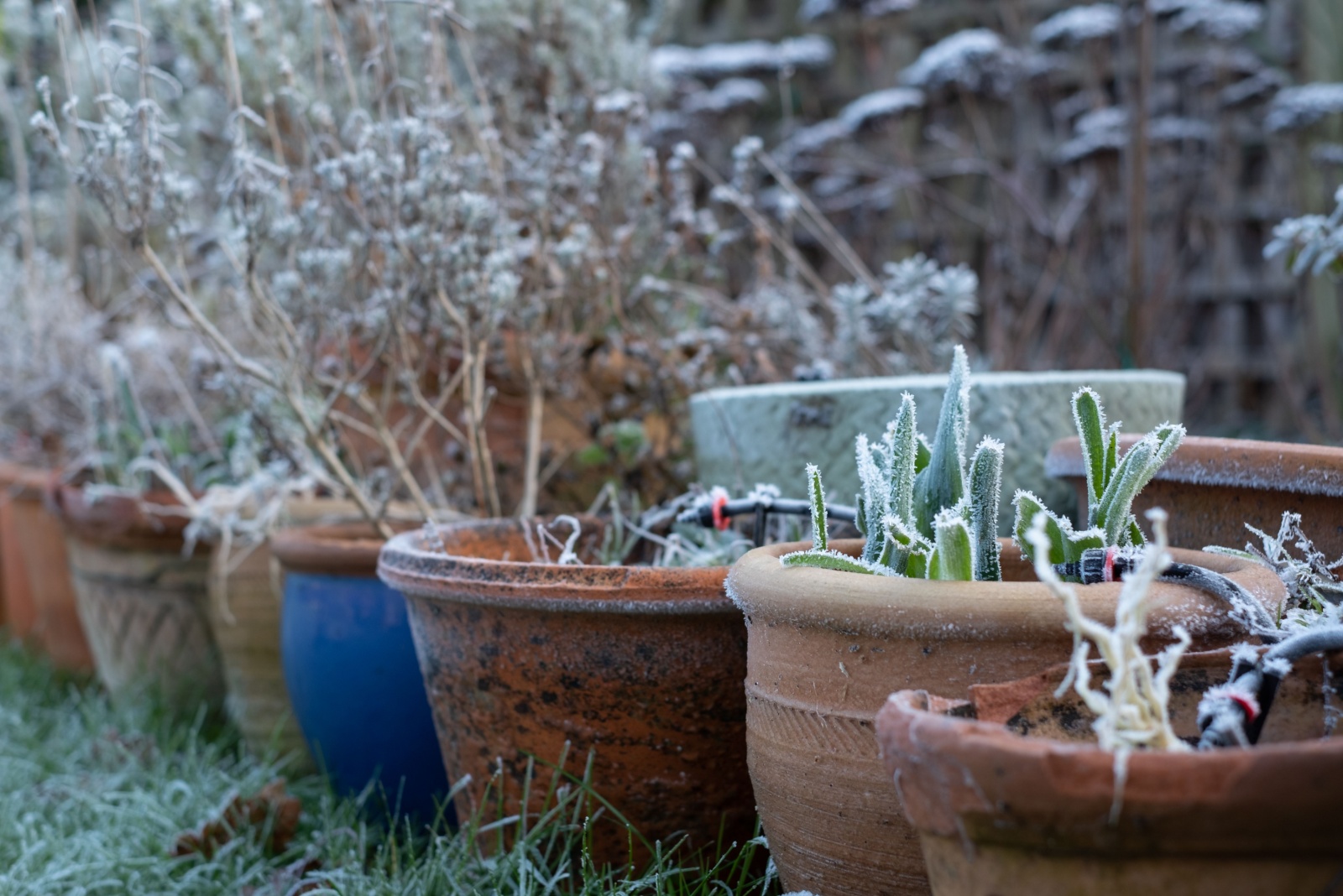
A sharp Colorado cold front can roll in without warning and turn a mild evening into an icebox before sunrise.
Plants that stood tall all week can stumble the moment temperatures take a nosedive.
Leaves crisp up, stems droop, and fragile roots face a fight they rarely win on their own.
With a freeze ready to hit hard, homeowners who act fast can spare their favorite plants from a long night of trouble.
1. Tomato Plants
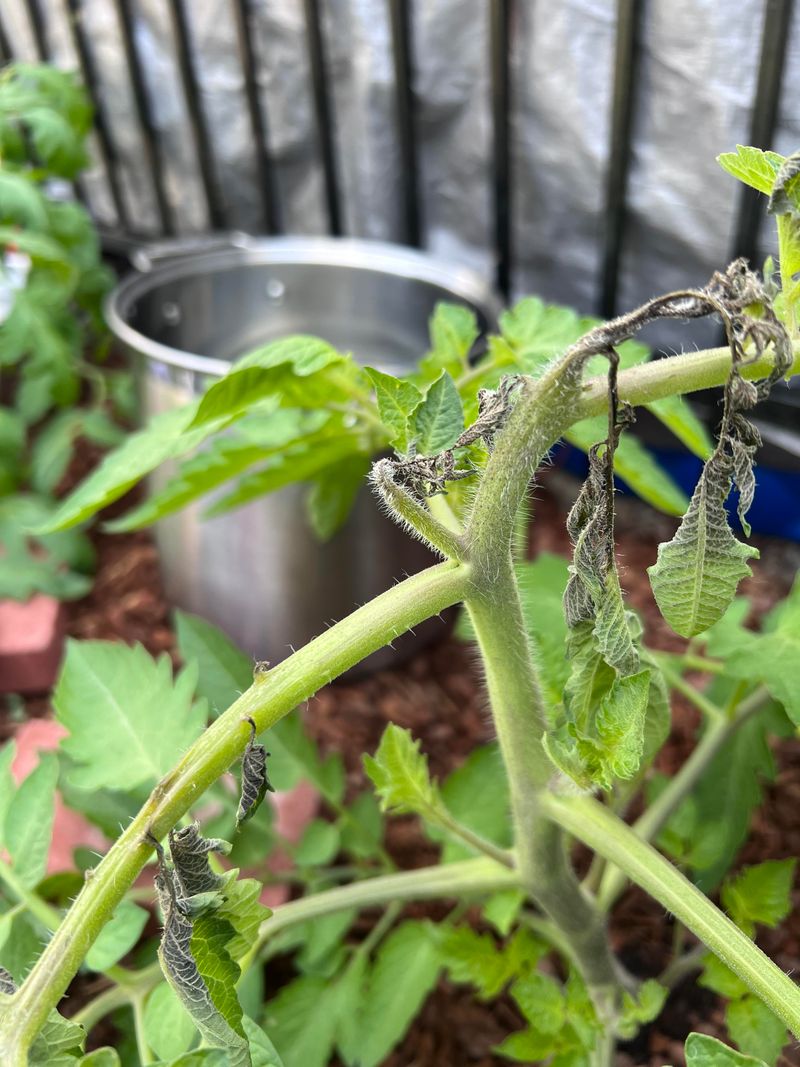
Garden-fresh tomatoes are a Colorado summer staple, but their tender vines can’t handle freezing temperatures at all.
Even a light frost will turn those green leaves black and mushy within hours.
Cover your tomato plants with old bedsheets, blankets, or special frost cloths before sunset.
Make sure the covering reaches all the way to the ground to trap warm air underneath.
If possible, harvest any ripe tomatoes tonight and bring green ones indoors to ripen on your kitchen counter safely.
2. Basil
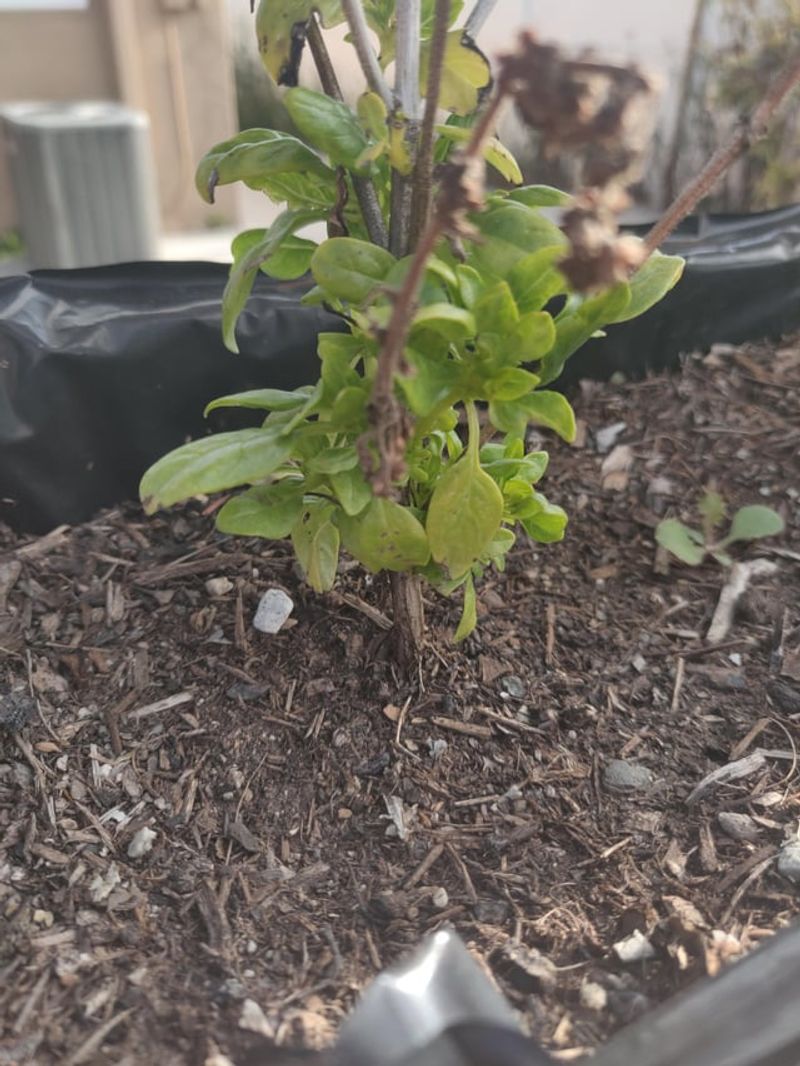
Nothing beats the aroma of fresh basil in your cooking, but this Mediterranean herb absolutely hates the cold.
Colorado temperatures below 40 degrees will damage the leaves, and a hard freeze will destroy the entire plant overnight.
Your best option is bringing potted basil indoors immediately.
For garden basil, harvest all the leaves you can and make pesto or freeze them for later use.
A plastic tarp or cloche might buy you one more night, but basil simply won’t survive repeated freezing temperatures.
3. Petunias

Bright, cheerful petunias have been lighting up Colorado porches and gardens all summer long.
Unfortunately, their delicate petals and soft stems make them extremely vulnerable when temperatures plummet.
Move hanging baskets and containers into your garage or covered porch tonight.
For petunias planted in the ground, drape lightweight fabric over them and secure the edges with rocks or garden stakes.
Water the soil before covering, as moist ground releases heat that helps protect roots.
With proper protection, they might bounce back for a few more weeks of color.
4. Pepper Plants
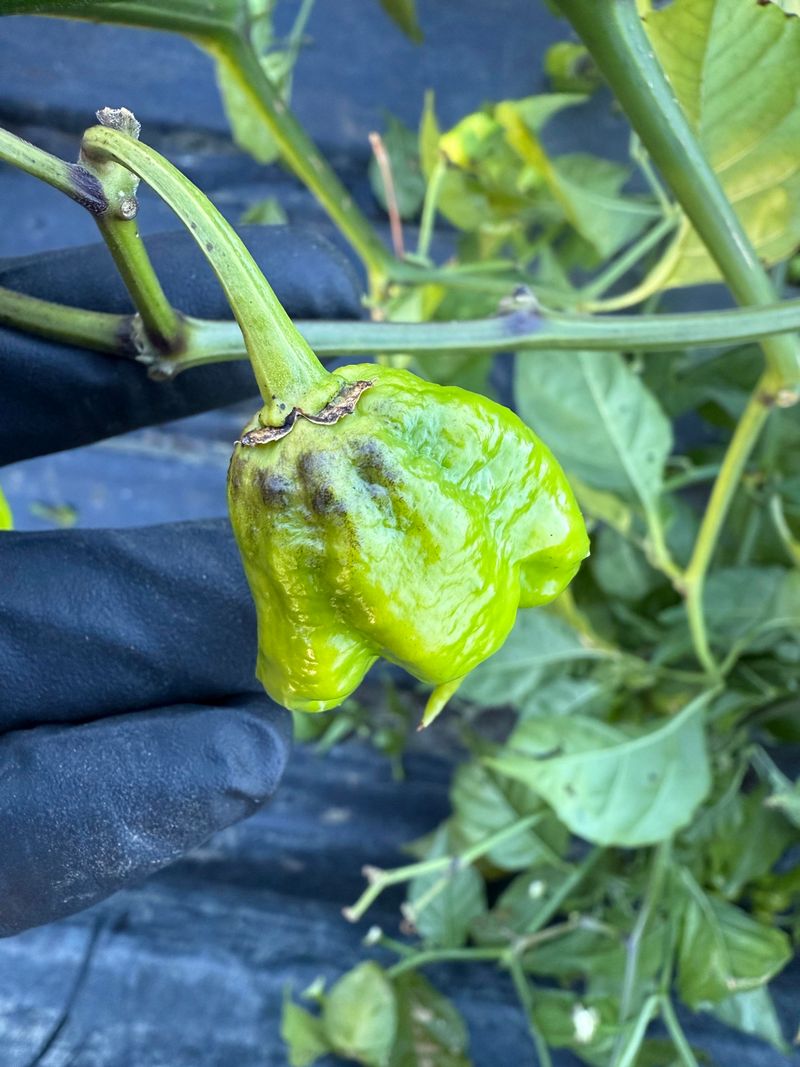
Whether you’re growing sweet bells or spicy jalapeños, pepper plants share tomatoes’ hatred of cold weather.
A single night of freezing can destroy months of careful growing and leave you with limp, blackened plants by morning.
Use row covers, blankets, or even cardboard boxes to shield your peppers tonight.
Pick any peppers that are close to ripe, even if they’re still slightly green.
They’ll continue ripening indoors on your countertop.
Adding a string of outdoor Christmas lights under the covering can provide extra warmth for particularly valuable plants.
5. Impatiens
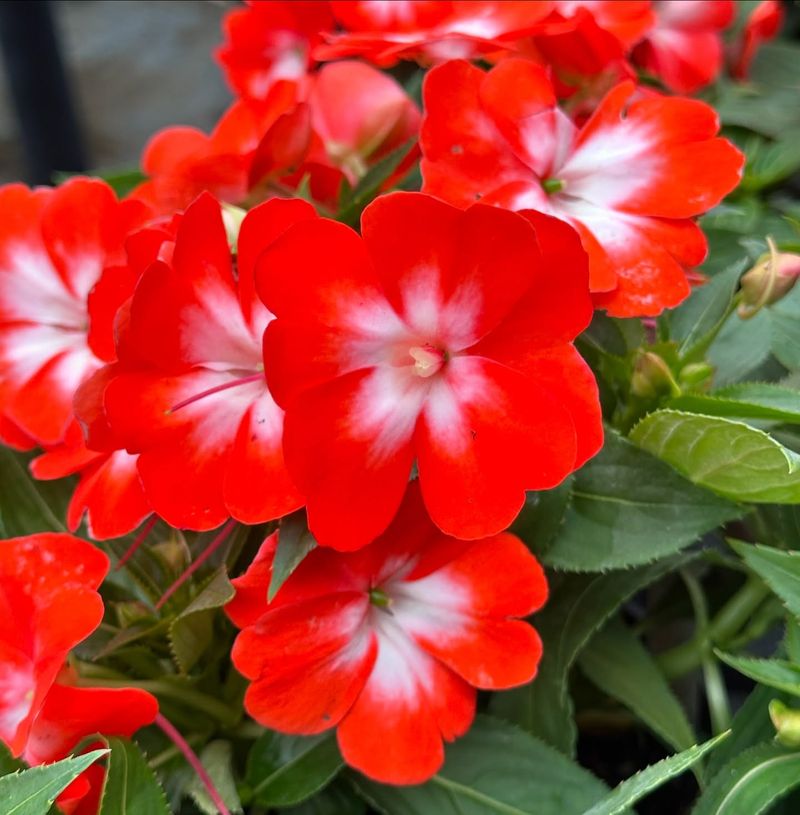
Impatiens bring gorgeous color to shady spots where other flowers struggle to bloom.
Their juicy stems and water-filled leaves look beautiful until temperatures drop, then they turn to mush faster than almost any other garden plant.
Container impatiens should come inside tonight without exception.
Garden beds can be covered with sheets or frost blankets, though honestly, impatiens rarely survive multiple freezes.
Consider this a good time to collect seeds from your favorite colors or take cuttings to root indoors for next spring’s garden adventures.
6. Zucchini And Squash
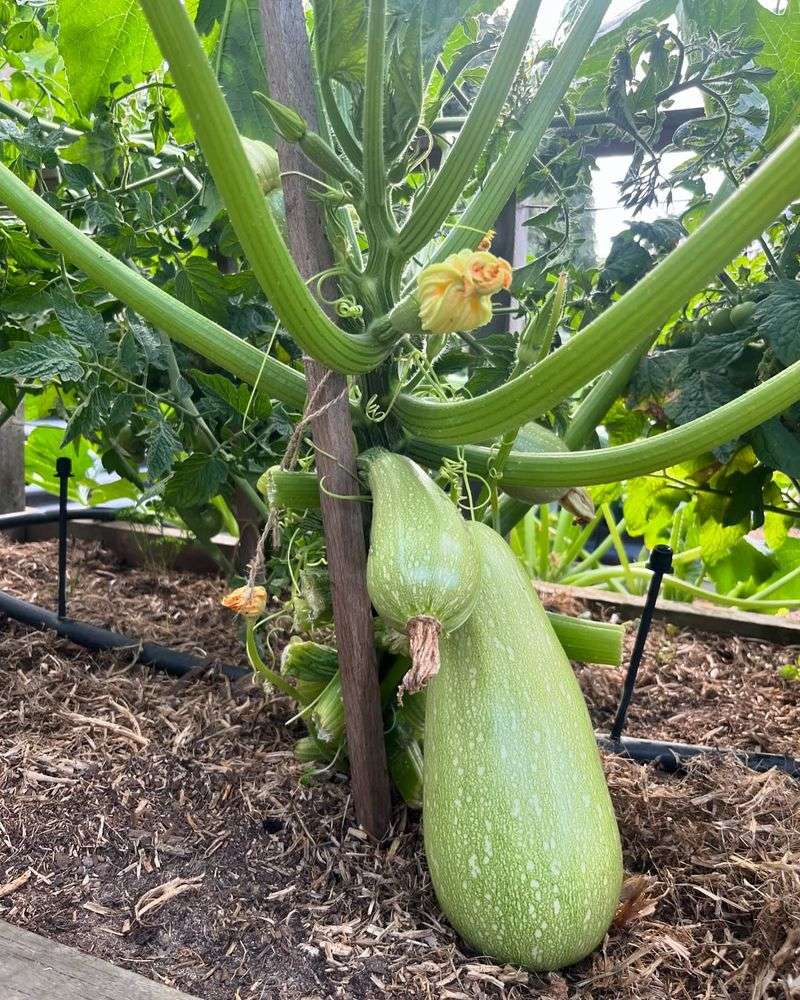
Those giant leaves and sprawling vines have been producing vegetables all season, but squash plants are incredibly frost-sensitive.
One cold night will turn those huge leaves into wilted, slimy disasters that smell terrible as they decompose.
Harvest every zucchini and squash you can find tonight, even the small ones.
Cover plants with tarps, blankets, or row covers if you want to extend the season by a few days.
Stack hay bales or bags of leaves around the base for extra insulation.
Your squash plants were probably winding down anyway, so don’t feel too bad about losing them.
7. Geraniums
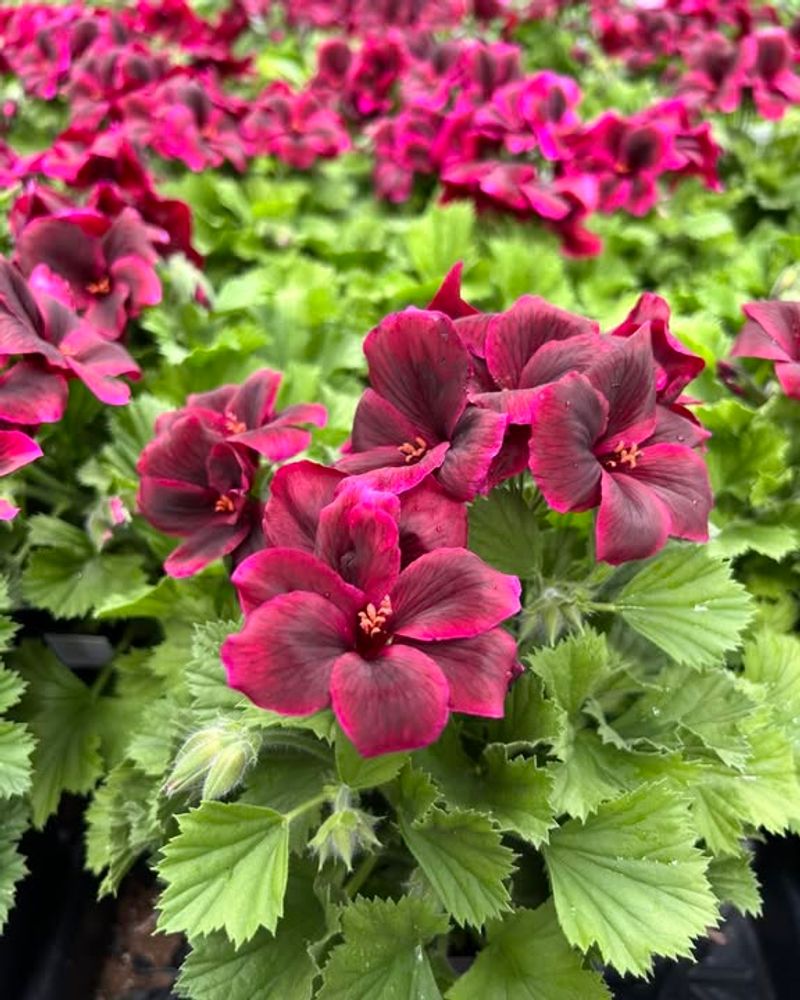
Classic geraniums have brightened Colorado patios and window boxes throughout the growing season with their bold blooms.
While they’re tougher than many annual flowers, a hard freeze will still damage their thick stems and colorful flower clusters permanently.
Bring potted geraniums indoors where they can continue blooming near sunny windows all winter long.
Ground-planted geraniums can be carefully dug up, potted, and moved inside too. If that’s not possible, cover them well tonight and consider taking stem cuttings to root in water.
Geraniums are incredibly easy to propagate and make wonderful houseplants until spring returns.

